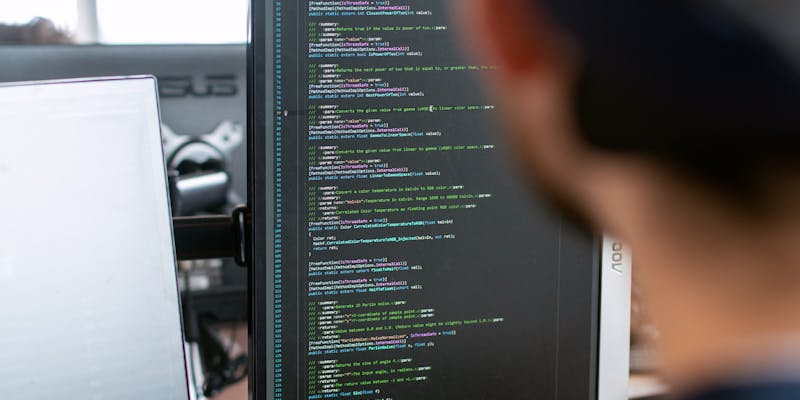U-Haul International recently reported a significant security incident affecting the personal data of 67,000 customers in North America. This breach, which transpired between July 20 and October 2 but was not detected until December 5, exposed sensitive information including names, birth dates, and driver’s license numbers through unauthorized system access. The compromised system, central to U-Haul’s operations handling customer reservations and records, poses a potential identity theft risk for the affected individuals. It is somewhat reassuring, however, that their financial data remained secure, as the attackers did not penetrate the payment processing network. U-Haul is likely taking steps to address the breach’s implications and bolster its cybersecurity measures to prevent such incidents in the future. Customers impacted are advised to monitor their credit reports and remain vigilant against identity theft.
Response and Mitigation
In the wake of the security breach, U-Haul took swift action to mitigate potential damage and strengthen its defenses against future cyber threats. Critical steps included mandatory password resets and the enhancement of security protocols to safeguard user data more effectively. Recognizing the risk to its customers’ personal information, U-Haul coordinated with Experian to provide a complimentary one-year subscription to IdentityWorksSM Credit 3B, a service offering identity theft protection and remediation assistance. This proactive approach demonstrates U-Haul’s commitment to customer security, as it aims to restore trust and ensure better protection against digital vulnerabilities. Behind the scenes, U-Haul has significantly upgraded its cybersecurity framework, working diligently to shield against similar breaches. This cybersecurity upgrade reflects an ongoing effort to prioritize customer confidence and maintain a secure digital environment for the company’s valued user base.
Historical Context and Industry Concerns
Recurring Data Security Challenges
U-Haul’s cybersecurity troubles aren’t new. In a prior incident in September 2022, they announced a security breach where hackers accessed the data of 2.2 million customers using two stolen passwords. The exposed information mainly involved rental agreements, signaling ongoing risks of digital data breaches. These recurring security failings spotlight the persistent threat that cyberattacks pose to companies. There’s a pressing need for entities such as U-Haul, which manage vast amounts of personal customer information, to continually enhance their cybersecurity measures. Vigilance and adaptation are critical in safeguarding against the sophistication of modern cyber threats. This challenge not only affects U-Haul but serves as a warning to all businesses that customer data protection must be a top priority in an era where digital vulnerabilities are exploited with increasing frequency.
Forward-Looking Security Enhancements
The persistent threat of cyberattacks has pushed U-Haul and similar companies to overhaul their defensive tactics. These firms now prioritize proactive measures in their cybersecurity protocols. Continuous surveillance for potential breaches, the implementation of cutting-edge encryption technologies, thorough phishing awareness training for staff, and the enforcement of multi-factor authentication to access critical data have become standard practices. This shift aims not only to respond to incidents but to preemptively thwart them. On the flip side, customers must also stay vigilant with their data, often facing the challenge of protecting their information in a convoluted cyber world. It’s essential that they approach their digital interactions with diligence and an educated understanding of potential risks to ensure their personal information remains secure.

